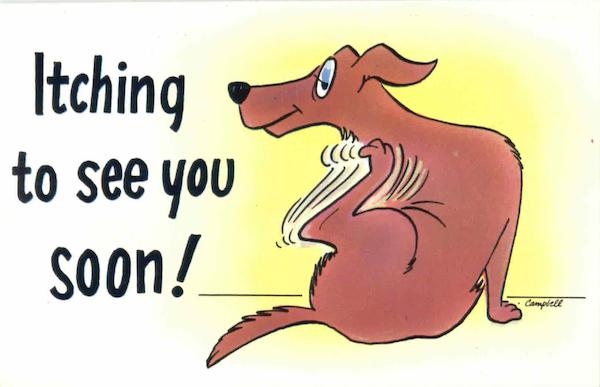
This year’s theme, “The 4th Industrial Revolution: Challenges and Opportunities,” focused on “spreading the MOOC movement” by encouraging growth in digital learning and learning through technology in new and underserved institutions, as well as enhancing diversity and inclusion in the global workforce. Organized by the IEEE Education Society, the conference serves as an opportunity for online learning experts and practitioners to discuss research into the technology surrounding Massive Open Online Courses (MOOCs) as well as the practical aspects of creating and disseminating these courses to a global audience. Jessica Sandland, along with colleagues at MIT, explored in “ Electronic, Optical, and Magnetic Properties of Materials: A Comic-Based MOOC,” the winner of one of two Best Paper Awards at the seventh annual international Learning with MOOCs Conference. That’s the question MITx Digital Learning Lab Scientist Dr. But can comics actually help you learn more effectively? From the academic meta-commentary of PHD (Piled Higher and Deeper) Comics to Prince of Cats, the YA hip-hop infused companion to Shakespeare’s Romeo and Juliet, comic strips are an increasingly prevalent means of disseminating ideas and starting discussions in educational settings.


Once considered the antithesis of substantive educational content, comics and comic book graphics have found their way into the mainstream of teaching and learning.


 0 kommentar(er)
0 kommentar(er)
